When you think of Italy, the first places that spring to mind are probably Rome, Venice, Florence, or the Amalfi Coast. While these destinations are undeniably beautiful, they can also be crowded and touristy, especially in peak season.
If you want a more authentic Italian experience, consider heading off the beaten path to discover some of Italy’s hidden gems.
For me, the best thing about venturing off the beaten path in Italy – other than avoiding the crowds of course – is getting to experience the day-to-day life of the local people.
It’s a completely different atmosphere compared to the touristy areas, and it gives you a true taste of Italian culture. It’s about slowing down, savouring the moment and immersing yourself in the local culture and rhythms of life.
Need help planning your next trip? Hire me as your Personal Travel Planner!
Table of Contents
Toggle- Italy’s Typical Tourist Trail
- My Favourite Hidden Gems in Italy
- Roviano, Lazio
- Giovinazzo, Puglia
- Bolzano, South Tyrol
- Matera, Basilicata
- Maddalena Islands, Sardinia
- Sinis Peninsula, Sardinia
- How Long Do You Need in Italy?
- FAQs About Visiting Italy
- What is the most underrated city in Italy?
- What is the least touristy place in Italy?
- Where is the best place for hiking in Sardinia?
- Final Thoughts
- Other Posts About Visiting Italy
Italy’s Typical Tourist Trail
Don’t get me wrong. I love Tuscany, Rome, Venice, and Naples just as much as the next guy. They’re amazing places and definitely worth visiting.
But, in popular tourist spots, interactions can sometimes feel rushed or impersonal. And, to be honest, huge crowds can often spoil a place.
Lesser-known places can be even more atmospheric and magical. I find that locals are often more eager to chat, share their stories and offer recommendations for the best places to eat and drink, too.
My Favourite Hidden Gems in Italy
Roviano, Lazio
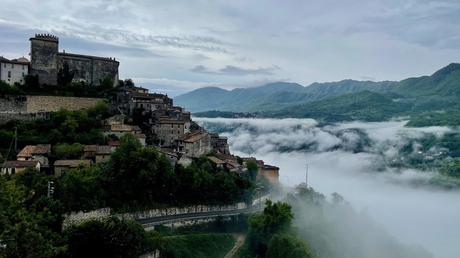
One of my favourite hidden gems in Italy is the charming medieval village of Roviano, nestled in the hills east of Rome. I stumbled upon this picturesque spot while road-tripping through central Italy a few years ago.
Roviano is home to a 12th-century castle perched atop a hill, offering panoramic views of the surrounding countryside. Climbing up to the castle, I felt transported to a different century.
In the early morning, mist hangs in the valley, with the old town poking up like a fairytale island from a mystical sea. Families of stray cats prowl between the ancient buildings and flowers spill from window boxes.
Giovinazzo, Puglia
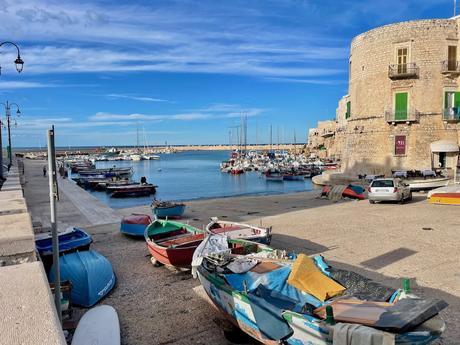
Giovinazzo is a quaint seaside town in Puglia, the heel of Italy’s boot. Far from the tourist crowds of the Amalfi Coast, Giovinazzo has a lovely old town with a maze of winding alleys to get lost in.
The heart of Giovinazzo is its picturesque harbour, where colourful fishing boats bob in the sparkling blue waters and locals gather in the evenings to socialize and watch the sunset.
Settle into one of the waterfront cafes, enjoy a coffee or a spritz, and watch the world go by. Take your time, this is a place that is best enjoyed slowly.
Bolzano, South Tyrol
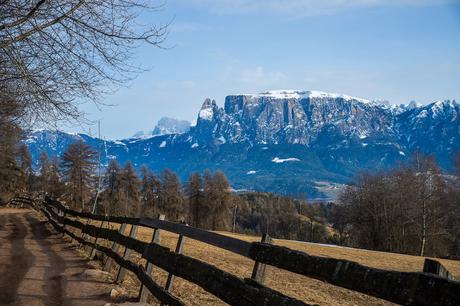
Up in the Italian Alps, the city of Bolzano in South Tyrol is often overlooked in favour of more popular spots like Lake Como. But Bolzano is a fascinating place, with a unique blend of Italian and Austrian influences.
Wandering around Bolzano, you’ll notice the street signs are in both Italian and German, and the architecture has a distinctly Tyrolean feel.
The food is also a delicious fusion, with local specialities like apple strudel and knödel (dumplings) on offer alongside more traditionally “Italian” fare. There’s some excellent red wine produced here too.
Just outside Bolzano are the impressive Dolomite mountains, with endless scenic hiking trails to explore in summer and ski slopes in winter. The Alpe di Siusi area is particularly spectacular, with its rolling green meadows and jagged peaks.
Matera, Basilicata
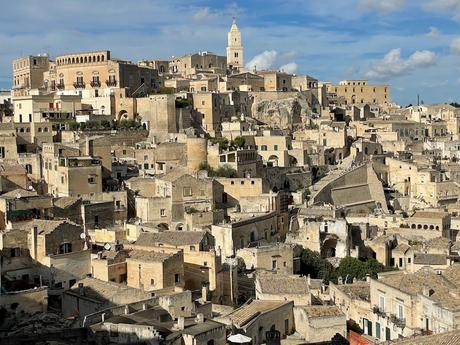
Down south in the Basilicata region lies one of Italy’s most captivating hidden gems – the ancient city of Matera. This UNESCO World Heritage site is famous for its “sassi“, prehistoric cave dwellings carved into the cliffs.
Matera has a fascinating history, having gone from an area of poverty to a chic cultural destination in recent decades. Wandering the old town, you’ll spot everything from rupestrian churches to trendy art galleries.
Exploring the labyrinthine streets and alleys of the sassi is an otherworldly experience. Many of the caves have been converted into atmospheric hotels, restaurants and bars.
If you get the opportunity to spend the night in a sassi hotel, I’d highly recommend it.
Maddalena Islands, Sardinia
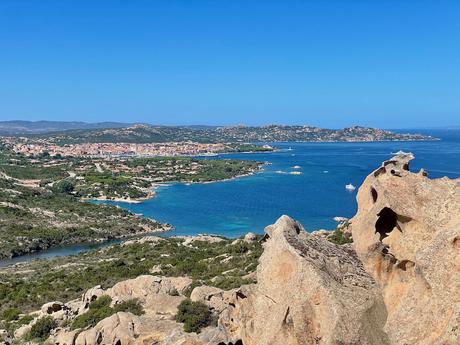
For an Italian hidden gem island getaway, set your sights on the Maddalena Islands off the coast of Sardinia. This archipelago of over 60 islands boasts some of the most beautiful beaches in Italy.
Cruising around the archipelago on a boat is a must. I spent a week sailing around this gorgeous area a couple of years ago – it was magical.
I don’t think I’ve ever seen the sea as bright turquoise as it is here. At night, the waters dance with the lights of bioluminescent plankton.
The largest island, La Maddalena, has a charming town to explore, while the smaller islands like Spargi and Budelli are perfect for swimming and relaxing on secluded beaches.
Sinis Peninsula, Sardinia
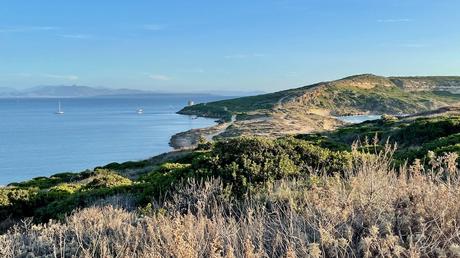
Over on the west coast of Sardinia, the Sinis Peninsula is another under-the-radar gem. This wild, unspoiled area is home to windswept beaches, ancient ruins and colourful fishing villages.
A few kilometres north, Is Arutas beach is made up entirely of tiny white quartz pebbles that look like grains of rice. The water here is a brilliant shade of blue and incredibly clear.
Sinis is also home to important archaeological sites like the ancient Phoenician city of Tharros. I recommend coming here at the end of the day when you can have the atmospheric ruins practically to yourself.
How Long Do You Need in Italy?
A bit like France, Italy is one of those countries that you could come back to every year for the rest of your life and still not see everything. I know that’s not a particularly helpful answer, but it’s true!
Clearly, the length of time you have affects how much you can see, as does the speed at which you move. Just be realistic and don’t try to pack too much into too short a timeframe.
I’d focus on one region per week to really do it justice. At a pinch, you could probably see Rome and part of one other region in a week, but you would have to be selective.
In my experience, it’s always better to visit fewer places but get a good sense of each one, rather than rushing through multiple destinations and feeling like you didn’t fully experience any of them properly.
And try to leave room for spontaneity in your Italy travels. You never know what incredible places you might discover. Some of my best memories have come from unplanned detours down a random road or following a local’s recommendation.
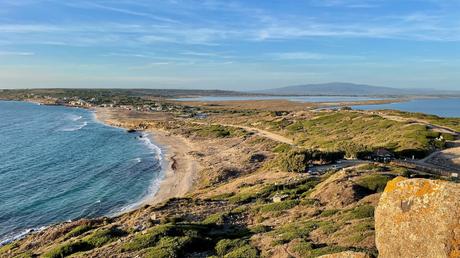
FAQs About Visiting Italy
What is the most underrated city in Italy?
Matera is the most underrated city in Italy, known for its ancient cave dwellings and unique history.
What is the least touristy place in Italy?
Several regions in Italy remain relatively untouched by tourism, such as Basilicata, Molise, and parts of Calabria.
Where is the best place for hiking in Sardinia?
The Gennargentu National Park offers some of the best hiking trails in Sardinia, with rugged landscapes, diverse flora and fauna, and panoramic views.
Final Thoughts
Don’t limit yourself to the obvious locations that every other tourist goes to. There are so many other wonderful places to explore in Italy. It would be a real shame if you missed out on some of these Italian hidden gems.
These lesser-known destinations offer a chance to immerse yourself in the local culture and enjoy unique experiences away from the crowds.
So the next time you’re planning an Italian getaway, consider stepping off the well-trodden tourist trail and discovering some of these incredible hidden gems for yourself.
Other Posts About Visiting Italy
- 7 Reasons Why You Should Visit Italy
- Best Things to Do in Naples

